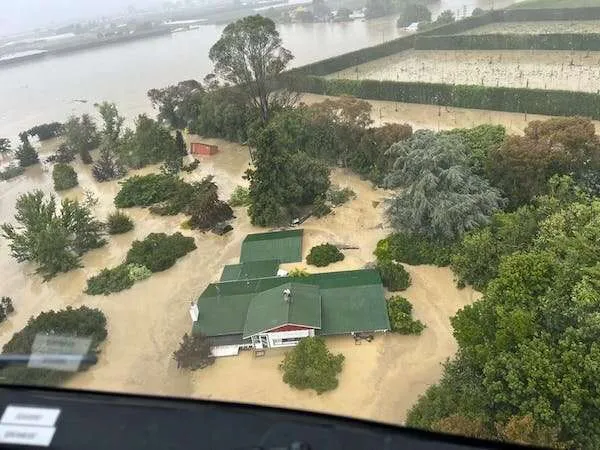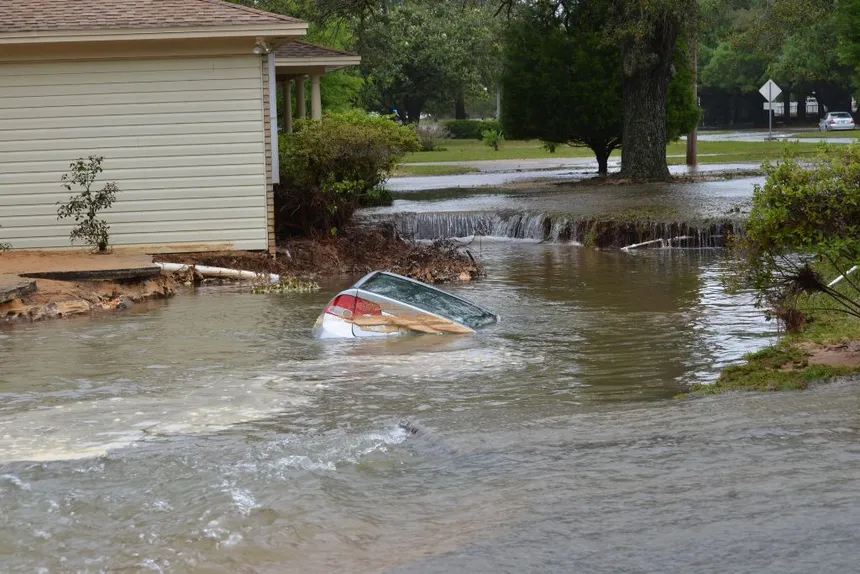Rainfall in Auckland, New Zealand’s largest city, has been described as the “biggest climate event” in the country’s history, with devastating flooding resulting in four fatalities. The event has brought about widespread destruction, with buildings and roads severely affected. Schools and businesses were forced to close, and Auckland International Airport was temporarily shut down, stranding thousands of travelers.
The finance minister, Grant Robertson, stated that this event would be the “biggest non-earthquake event” in terms of insurance claims, with no estimates yet available for the actual cost of the damage. As the rain began to ease, it became clear that the scale of the disaster was immense. Over 20,000 claims have already been lodged, and this number is expected to rise significantly in the coming weeks.
The city’s mayor, Wayne Brown, has faced criticism for his office’s response to the disaster, with some claiming that communication was poor and the response time was slow. Brown has denied any wrongdoing and has launched an independent review into the flood response. The New Zealand prime minister, Chris Hipkins, has also announced a new minister for Auckland role in his cabinet reshuffle.

As the clean-up efforts begin, economists have warned that the disaster could contribute to inflationary pressures for the country. This could result in short-term price spikes for fresh produce, rents, transport, and construction. The flooding has also brought attention to the increasing cost of the climate crisis for New Zealand, which has seen an increase in extreme weather-related claims in recent years.
The city’s residents are still counting the cost of the disaster, with many left without homes or businesses. The road to recovery will be long and difficult, but the city is determined to rebuild and move forward.

